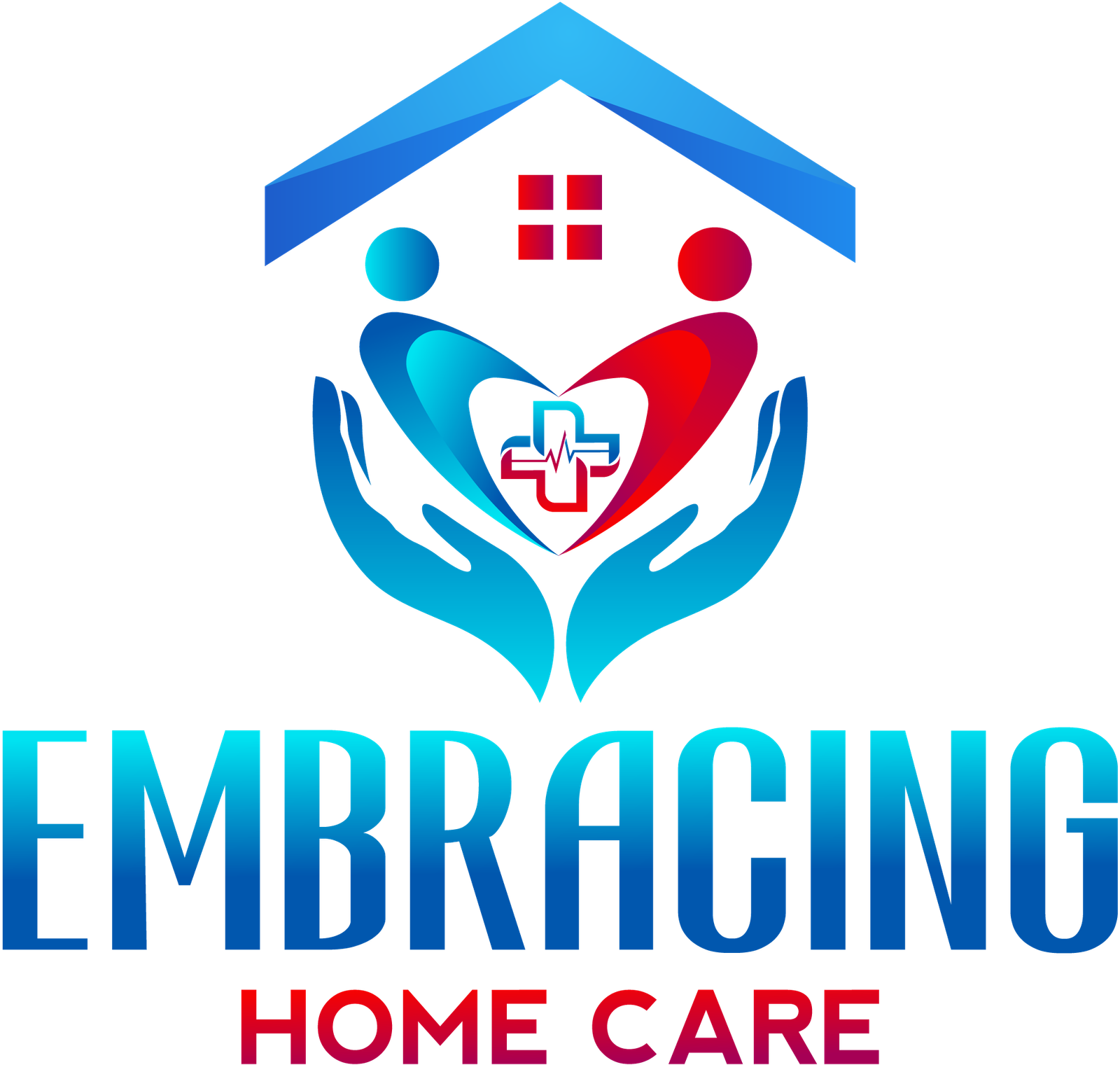Are you able to shoulder the burden that comes with providing care for a member of your family? If you moved in with your parent(s), it would be a big commitment. Do you think you could manage it? How will you recognize when the responsibility of providing care for someone else has become too much for you to handle? Would providing care for someone have a detrimental influence on your relationships with members of your immediate family? When should one begin to consider alternative options for the care of an elderly relative?
When an ailing family member or elderly parents need assistance, many of us immediately jump into the role of caregiver with both full hearts and little consideration. Once some time has passed, we come to the realization that we have been in this position for a significant amount of time—possibly even years—and that it has profoundly altered both ourselves and our life. In your role as a family caregiver, it is imperative that you take a step back and have an honest conversation with yourself. If you are honest with yourself, it will help you sort out your priorities, make objectives for the care of your loved one, and establish limits that will protect both your physical and emotional health.
Naturally, the requirements and preferences of other people will play a role, although to a lesser level, in the care choices that you make. Having a better understanding of your own stance, though, will make it easier to establish areas of agreement when providing care. It is in your best interest to have this dialogue with yourself as soon as possible.
Questions that Those Caring for Family Members Owe to Themselves
Do you take care of any youngsters at your house? What are their requirements, and how does providing care for them affect your capacity to satisfy them?
Do you have a spouse or partner who is helpful, a partner who is negative, or do you not have a relationship at all? In what ways does your relationship impact the way you care for others, and how does caring for others impact your relationship?
How do you intend to balance taking care of others with making time for yourself? Are you able to schedule “alone time” for yourself to recharge your batteries, time for your social life, time for your career, and time for the duties and connections you have with your family?
Where do you need to draw the line and declare, “I can only do so much before I reach my limit?” While you may not be able to change your circumstances, you are in complete control of how you react to whatever comes your way.
What specific steps do you want to take to ensure that both your physical and mental health continue to improve? You, yourself, need to be given first importance.
Know When to Seek Help
The questions that were presented before touched on essential topics that are at the very core of providing care. Unfortuitously, many of these problems do not become apparent until the family members who provide care may not just feel overburdened but also drained, or until another aspect of their life starts to significantly degrade. The signs of caregiver burnout are notoriously difficult to see. It is much more challenging to find solutions to problems after you have exhausted yourself both physically and emotionally.
It is important to keep in mind that your objectives, capabilities, and personal boundaries are likely to change as time passes. After all, providing care for an elderly family member or friend often becomes more challenging with time. It is in your best interest to think back on these questions and do an inventory of the ways in which your obligations as a caregiver, relationships, emotions, and physical health have developed. There may come a moment when the people who receive our care need more assistance than we are able to provide. It is not simple to acknowledge this fact, but doing so is very necessary, not only for the sake of the health and safety of your loved one but also for the sake of your own well-being.
The admission that one is in need of assistance is not the same thing as “failing.” The unfortunate truth is that many people who provide care for their loved ones do it on their own, yet it is just impossible for one person to do everything (even if they make sweeping personal sacrifices). Although taking care of a family member may not seem like an option, you really do have other choices. Do not stop looking for assistance until you have found it, whether that assistance comes in the form of brief periods of respite care, the hire of an in-home assistant, or the discovery of a permanent new home for your loved one in senior living. Leave no stone unturned.
GET IN TOUCH
Call now for a free consultation
Are you looking for compassionate and reliable home care services in Orange, Osceola, Brevard, or Seminole counties? Look no further than our professional team at Embracing Home Care! Our highly trained caregivers provide personalized care for seniors and individuals with disabilities, ensuring that they can continue to live independently in the comfort of their own homes. With a variety of services including personal care, transportation, meal preparation, and companionship, we strive to improve the quality of life for our clients and provide peace of mind for their families. Contact us today at 321-758-2036 to learn more about our affordable and flexible home care options and to schedule a consultation with one of our care coordinators. Let us help you or your loved one live life to the fullest! We serve Central Florida cities like Orlando, Apopka, Ocoee, Winter Garden, Sanford, Altamonte Springs, Casselberry, Palm Bay, Melbourne, Titusville, Kissimmee, St. Cloud, Celebration, Lake Mary, Oviedo, Longwood, Winter Springs, Cocoa Beach and more.
